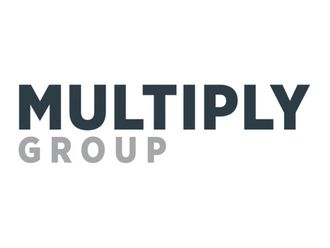New York: JPMorgan Chase & Co sold $4 billion (Dh14.69 billion) of notes in the only US corporate bond offering last week.
Sales compare with $17.5 billion the previous week and bring total monthly issuance to $56.6 billion, in line with the $55 billion average since 2000, according to data compiled by Bloomberg. New York-based JPMorgan's 13-month extendible notes, which have a final maturity of five years, marked the second time the bank sold dollar-denominated debt this month.
The issue from JPMorgan, the second-largest US bank, brought 2009's total volume to a record $1.24 trillion as borrowers took advantage of low interest rates to refinance debt after being locked out of the bond market during last year's financial crisis. The previous record was $1.17 trillion in 2007.
Stabilisation
"You certainly have had a very strong 2009 with stabilisation in the credit market, the secondary market and new issuance, because you had such a devastated market in 2008," said Chad Morganlander, a Florham Park, New Jersey-based money manager at Stifel Nicolaus & Co, which oversees $98 billion in client assets.
"One thing to keep a careful eye on is when the Federal Reserve takes away the punch bowl, how credit markets react," he said.
The Fed decided the previous week to keep its target rate for overnight loans between banks near zero for an "extended period," citing consumer spending still "constrained by a weak labour market."
American consumers' incomes climbed 0.4 per cent in November, the biggest increase since May, and inflation cooled, figures from the Commerce Department showed.
Yields on corporate bonds average 5.74 per cent, down 4.72 percentage points from a peak this year of 10.46 per cent on March 10, according to Merrill Lynch & Co's US Corporate Master & High Yield index. Total returns on high-yield bonds were 56.9 per cent this year, according to the Merrill Lynch US High Yield Master II index, and 19.5 per cent on investment-grade debt, according to the Merrill Lynch US Corporate Master index.
High-yield bonds may return about ten per cent next year, while investment-grade debt may earn a total return of two to three per cent, according to Bank of America Merrill Lynch.
The extra yield that investors demand to own investment-grade bonds instead of Treasuries fell 5 basis points last week, to 194 basis points, according to Merrill Lynch's US Corporate Master index. Investment-grade bond spreads have tightened 27 basis points this month, Merrill data show. A basis point is 0.01 percentage point.
High yields
High-yield bond spreads narrowed 30 basis points for the week and 111 basis points for the month to 654 basis points. High-yield debt is rated below Baa3 by Moody's Investors Service and BBB- by Standard & Poor's.
Companies seeking to sell bonds include Vietnam Shipbuilding Industry Group, the state-owned company known as Vina-shin. The Hanoi-based shipbuilder won government approval to sell as much as $600 million of bonds overseas to fund construction of ships.












